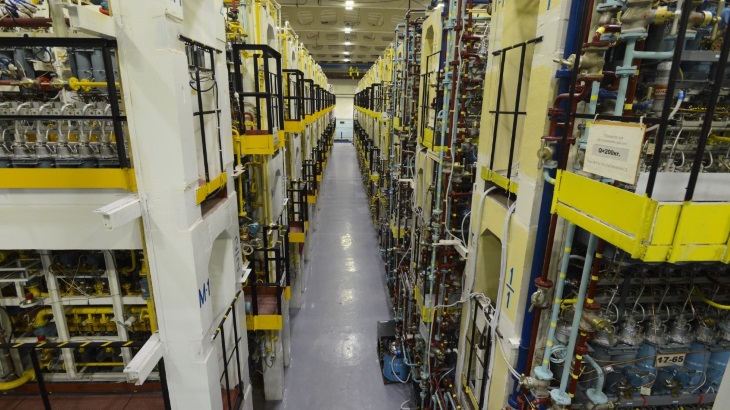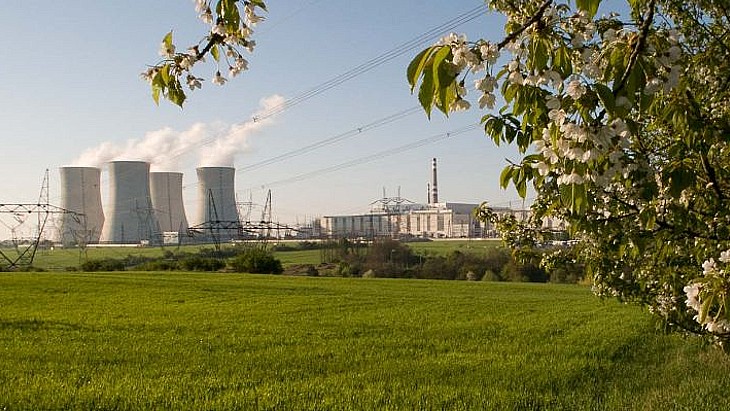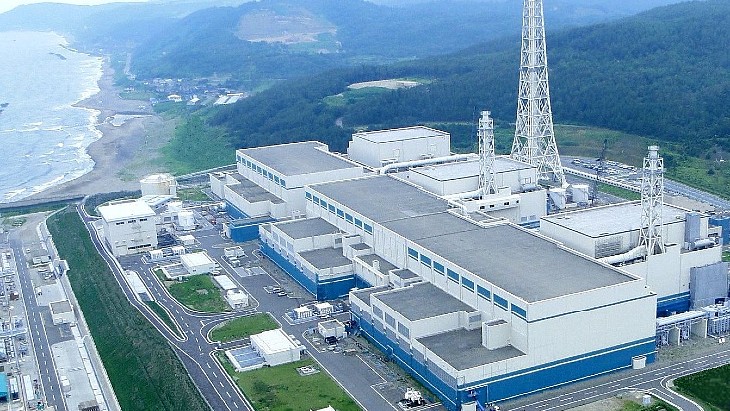Stable isotopes are non-radioactive forms of atoms. Although they do not emit radiation, their unique properties enable them to be used in a broad variety of applications, including water and soil management, environmental studies, nutrition assessment studies and forensics.
ECP produces 110 isotopes of 21 chemical elements for use, among other fields, in the nuclear power, medical and electronics sectors, as well as for scientific research in chemistry, physics, biotechnology, meteorology, agricultural chemistry. Its global reach extends, for example, to Canada, China, Germany, France, Kazakhstan, South Korea, Sweden, the USA and Uzbekistan. Most of ECP's export contracts for stable isotopes are signed through Isotope JSC, Rosatom's subsidiary for isotope sales and marketing.
"Despite the challenges arising from the global pandemic, together with our colleagues from Isotope JSC, we have met all the contractual commitments undertaken, and undeterred by the fact that isotope products have historically been supplied under a complex advanced production and supply chain," said Sergey Karaulov, deputy director general for non-nuclear businesses development at ECP.
One of the "most marketable" products in the company's portfolio, Molybdenum-100, is applied both in scientific research and the radiopharmaceutical production chain. In 2020, the powder form of Molybdenum-100 was supplied to new overseas projects developing cyclotron technology to produce radioisotopes for medical applications.
"The isotope products of Electrochemical Plant are highly marketable globally," said Yuri Kudryavtsev, senior vice president for new businesses development at TVEL. "In pursuing this business, exclusive competencies in the production of isotopes of high purity are applied, while targets are set not only to supply these unique materials to the customer but also to manufacture in-house products of higher added value. This refers to such projects as the production of cyclotron targets from Molybdenum-100 for nuclear medicine purposes, the production of breath tests with Carbon-13 for medical diagnostics of the gastrointestinal tract, as well as the manufacturing of ‘nuclear batteries’ based on the Nickel-63 radioisotope," he said.





_53514_33880.jpg)


_91467.jpg)





